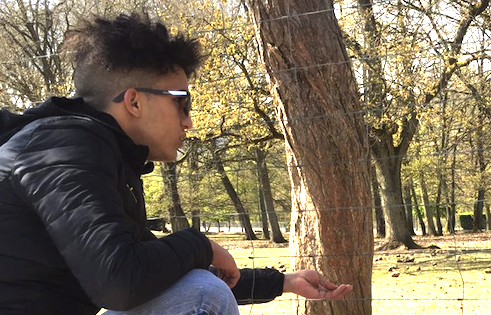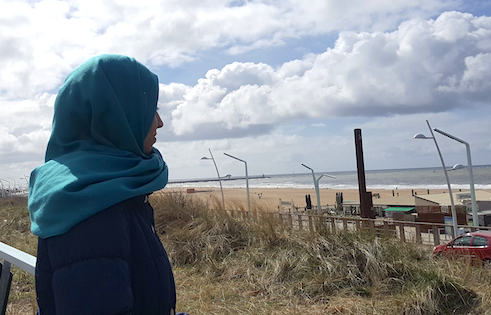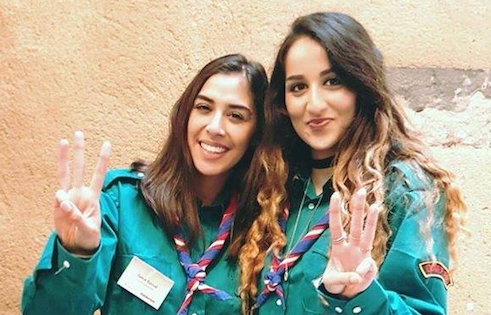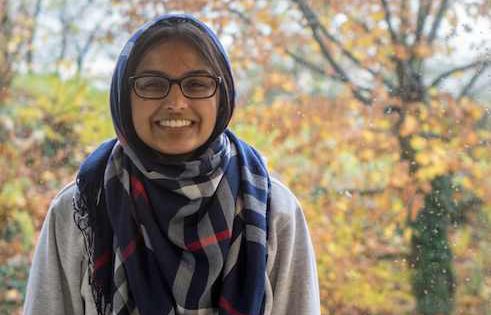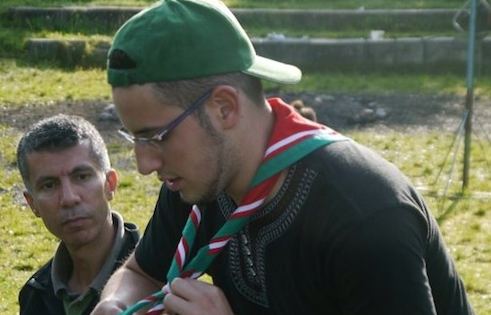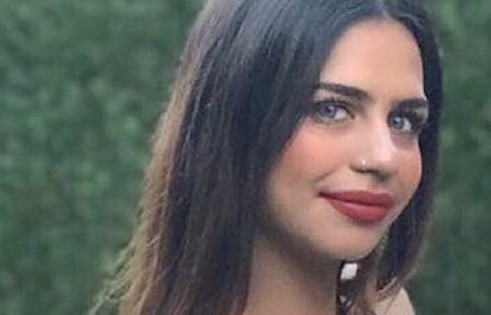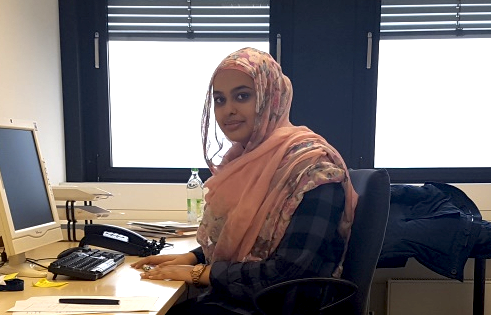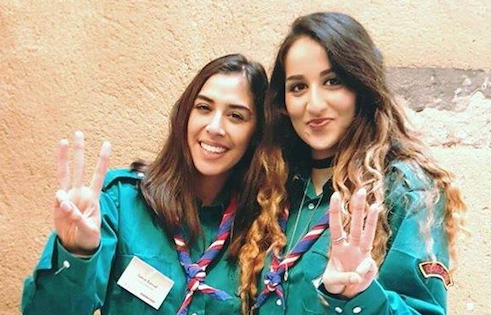Muslims in Germany
“I am a German potato”
Ramadan, prayer breaks and no alcohol: young Muslims in Germany are living their faith in many different ways. Our young interviewees talk about integrating religion into their daily lives and how the outside world responds.
-
Ahmed Aissa, 17, from Algeria, in Germany for 2 years, lives near Dortmund, apprentice
I am not very religious – I’ve only gone to the mosque maybe three times since coming to Germany. Traditions like Ramadan are still very important to me though. It can be really hard, since no one else around me fasts. During the last Ramadan, my co-workers ordered lunch for us all on Fridays, pizza and burgers, but I couldn’t eat with them. People are pretty cool and nice about accepting that I can’t eat with them and hardly ever drink alcohol. They don’t just take a bite of their sandwich or take out their lunch without asking me if it’s alright. I met up with friends from Algeria and Morocco to break our fast in the evening. We cooked together, talked and drank tea. -
Shafi Khan, 20, from Germany with Pakistani parents, lives in Offenbach, university student
Religion dictates my entire life. My approach to life, the way I live and what I do every day. I wear a headscarf, for example, and pray multiple times a day. This doesn’t limit me though; it is actually very freeing. I am free to choose if I want to follow the mandates of my religion, which I do. At high school, I would pray in the breaks between classes, and my university even offers a separate prayer space. As a Muslima, modeling proper behavior is very important to me, and I try to incorporate it into my daily life. Since starting university, I have heard the occasional disparaging remark about the way I look. It really took me by surprise. At high school, I never felt others saw me as different because of my religion. I don’t take it personally though, and generally ignore it. Otherwise I am very happy here in Germany. -
Janin Bassal (left), 23, from Germany with Lebanese parents, lives in Mainz, university student and Bund Moslemischer Pfadfinder und Pfadfinderinnen Deutschland (The Muslim Boy and Girl Scouts Association, BMPPD) youth leader
My religion guides me and defines my daily life. The five prayer times are my daily framework, but the values are what really provide structure. I always try to find the silver lining and never forget to laugh. I feel very comfortable as a Muslim among the Scouts, who don’t differentiate between religions or nationalities. I wish the whole world could experience this kind of mutual respect and peaceful coexistence. Still, I have never felt excluded or discriminated against as a Muslim here in Germany. Sure, I’ve heard all the jokes about the typical stereotypes or family structures. But they are sometimes true, and if you can’t laugh at yourself, then you have no one else to blame when the world is consumed by intolerance and hatred. -
Hibba Kauser, 18, from Germany with Pakistani parents, lives in Offenbach, high school student, class representative, and active in the Student Council of the State of Hessen and the youth wing of the Social Democratic party
The fact that I am a Muslima does not influence how others treat me. People tend to judge me more for my behaviour, character and personality and not for my beliefs. And while religion is important to me, I am not as strictly religious as my parents. I want to live my life the way I want. When someone asks if I feel well-integrated here, the answer is easy: I was born and raised here, so I am like a German potato with Pakistani roots. I had a good childhood in Brandenburg and have never really experienced discrimination, not even in East Germany. I have always gotten along with everyone and enjoyed constructive exchanges about religion and world views. -
Ilias Saddouk, 24, from Morocco, lives in Monheim am Rhein, businessman and BMPPD youth leader
Religion really only comes up at work, since most of my colleagues are Christians. I feel somewhat accepted in Germany. Both at work and in my private life, I have noticed the negative attitude some Germans have towards Muslims, usually because they have had a bad experience with immigrants. My German co-workers who have friends with migration backgrounds accept me completely. It is very noticeable how the media leads some people to distance themselves from and think poorly of Muslims. -
Roua, 18, from Syria, in Germany for 6 years, lives in Bonn, high school student
Religion is important in my life. It’s just how I was raised, though my parents are more religious than I am. I sometimes go to the mosque on Friday to learn and pray. As a Muslima, I don’t feel like an outsider or different from anyone else in Germany. There are so many Muslims here by now. And it is not an issue for my Christian friends. We are all just people, and religion is a private choice. I do everything the others do, except maybe during Ramadan. Fasting is hard, of course, but I look forward to the meal at the end of the day and the sense of family around the table. My friends often join us for the evening meal, and some have even tried to fast with me. -
Bajel Isha Mirza, 16, from Germany with Pakistani parents, lives in Offenbach, high school student and Offenbach school council representative
I wore a headscarf when I started seventh grade, and a number of my teachers took me out of class to ask if I was being forced to cover my head. It was a very negative experience, since I felt they were singling me out based on prejudice. My religion is a spiritual part of me, a kind of guideline that shows me the right path. That is a very personal choice and it is no one else’s business. I have had a lot of positive experiences too though. Though my volunteer work, I am well integrated into German society, and feel quite at home here. I am very thankful to my grandmother and my parents, who fled their homeland to give me a safe life here in Germany. As Ahmadi Muslims, we would still be in danger in Pakistan today. -
Vanessa Faizi (on the right), 22, from Germany with Afghani parents, lives in Hofheim am Taunus, university student and BMPPD youth leader
I don’t think you can separate religion from everyday life. Religion defines how we see ourselves, our fellow human beings, and, of course, God. It is revealed in how we live together, in love, in acceptance and in justice. Volunteering for the Scouts has shown me the major role Islam has to play as people look for answers. It is important not to play the role of the victim and withdraw. I always tell myself to ignore those people who look at my critically, and focus on those who see me as an enrichment in their lives. That is the ultimate goal: to do good.
